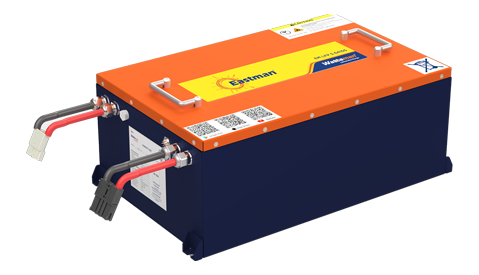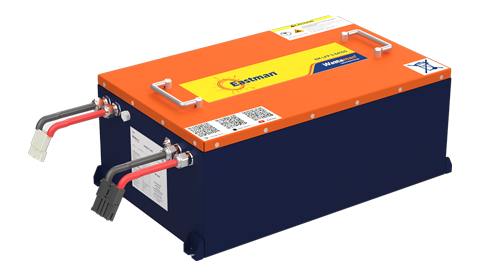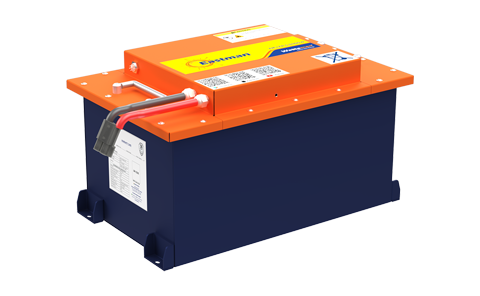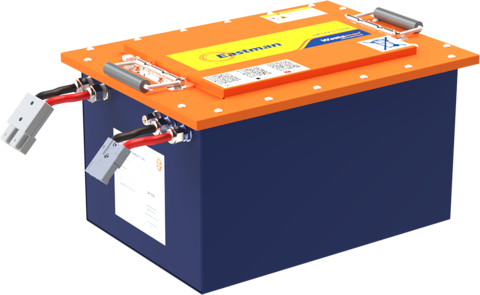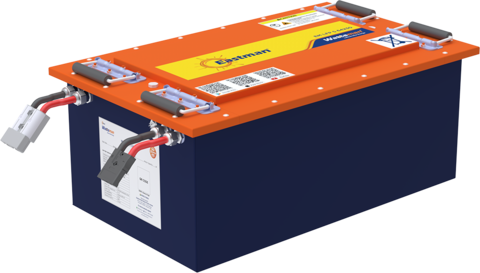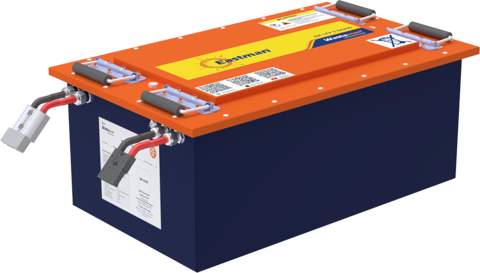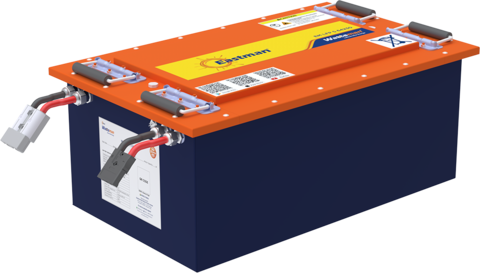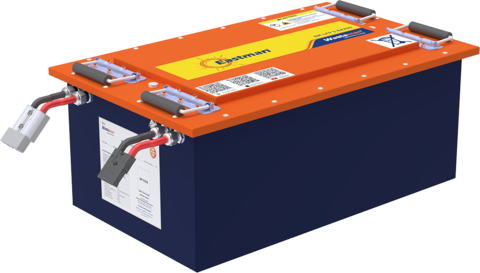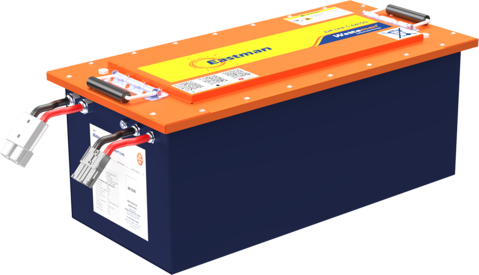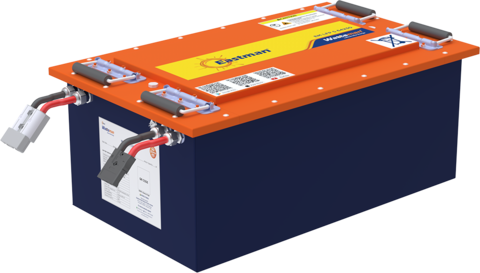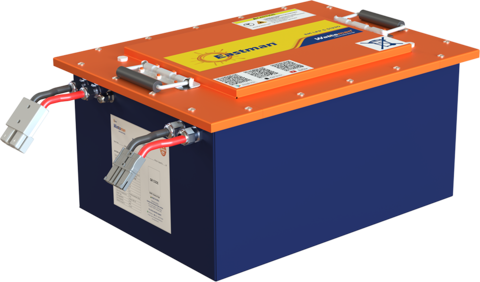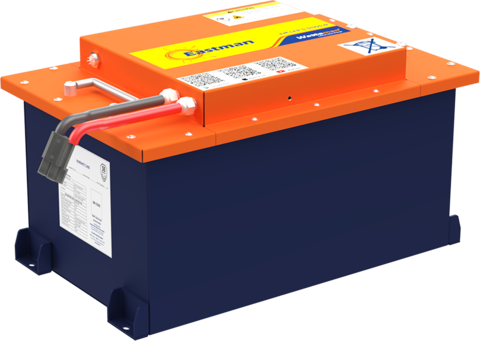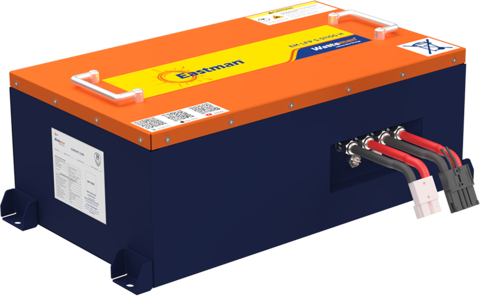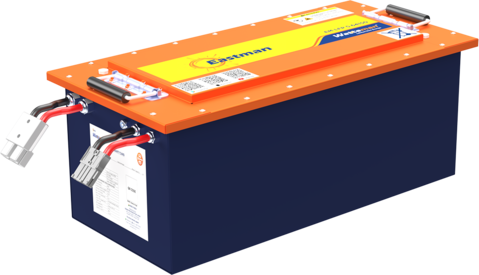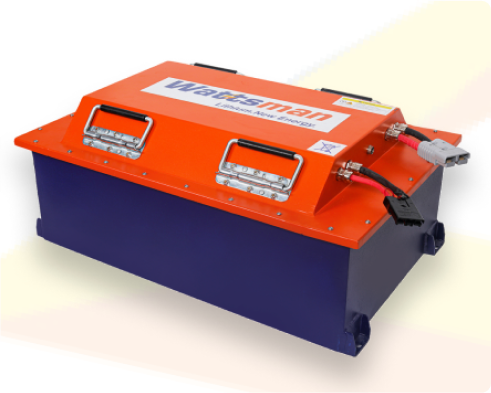
Download Catalogue
Download Catalogue
Interested in buying our products or have specific needs for customization?
Fill the enquiry form or call us on:
Enquiry Form
FAQs
Which battery is best for an e-rickshaw?
For e-rickshaws, the best battery depends on factors like capacity and durability. Typically, lithium-ion batteries offer high performance and longevity for these vehicles. Opt for Wattsman Lithium Ion Batteries for e rickshaws that come with a 3 year warranty and are back by the industry first buyback policy for Lithium Ion Batteries.
How long does it take to charge a lithium ion battery for e-rickshaw?
Charging time for a lithium-ion battery in an e-rickshaw varies but generally takes around 4-6 hours for a full charge.
Which lithium-ion battery is best for electric vehicles?
The best lithium-ion battery for electric vehicles depends on factors such as energy density, longevity, and safety features, with options available from various reputable manufacturers. With Wattsman, you get lithium-ion batteries certified as per AIS156-A3 (Phase-II), guaranteeing utmost safety along with some of the highest warranties in lithium-ion batteries, ranging from 3 years to 5 years. You also get complete peace of mind through our buyback policy that lets you return your old Wattsman battery for cash.
What is the life of lithium EV battery?
The life of a lithium EV battery varies but is typically around 8-10 years, influenced by factors like usage patterns and maintenance.
Why lithium-ion batteries are better?
Lithium-ion batteries excel due to their high energy density, longer lifespan, faster charging capabilities, and lighter weight compared to other battery types.
Which lithium battery is best for electric three wheeler?
For electric three-wheelers, high-performance lithium-ion batteries from reputable manufacturers offer reliability, longevity, and optimal energy storage capabilities. Wattsman, being one of the biggest names in this segment, provides lithium-ion batteries for every requirement. We even have customized solutions for your very specific needs. Carrying the same trust and expertise established by our parent company, Eastman Auto & Power Limited, we are at the forefront of introducing the future of energy storage for electric rickshaws and three-wheelers.
What is the safest type of battery?
Lithium iron phosphate (LiFePO4) batteries are considered one of the safest types due to their stable chemistry and resistance to thermal runaway. However, recent developments in Li-Ion technology have made tremendous leaps in ensuring the safety of these batteries. Wattsman's lithium-ion batteries pass some of the most stringent quality and safety checks and are certified as per AIS156-A3 (Phase-II), guaranteeing complete safety.
What are lithium-ion batteries used for?
Lithium-ion batteries are widely used in various applications, including electric vehicles, consumer electronics, renewable energy storage systems, and medical devices, due to their high energy density and rechargeability.


